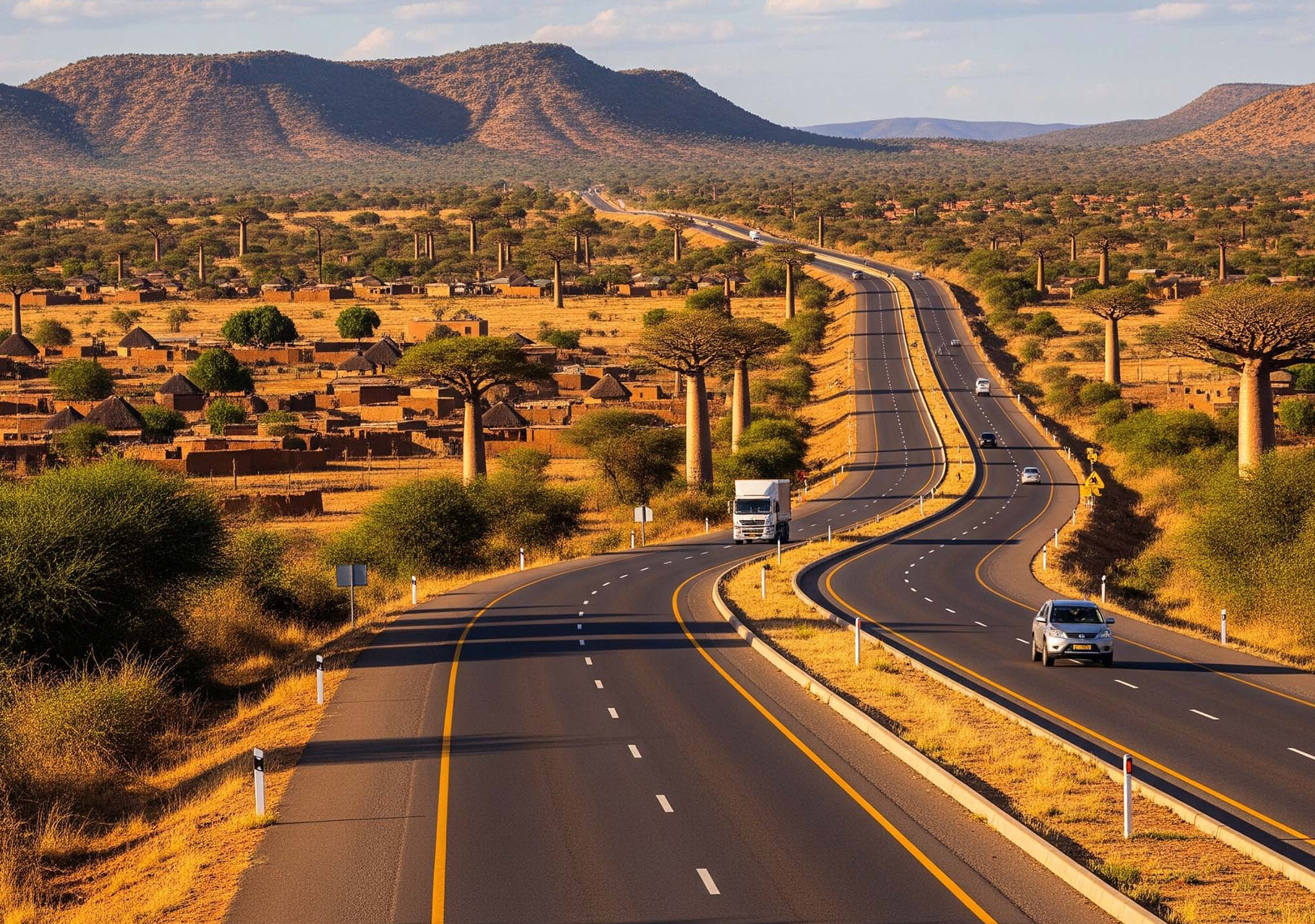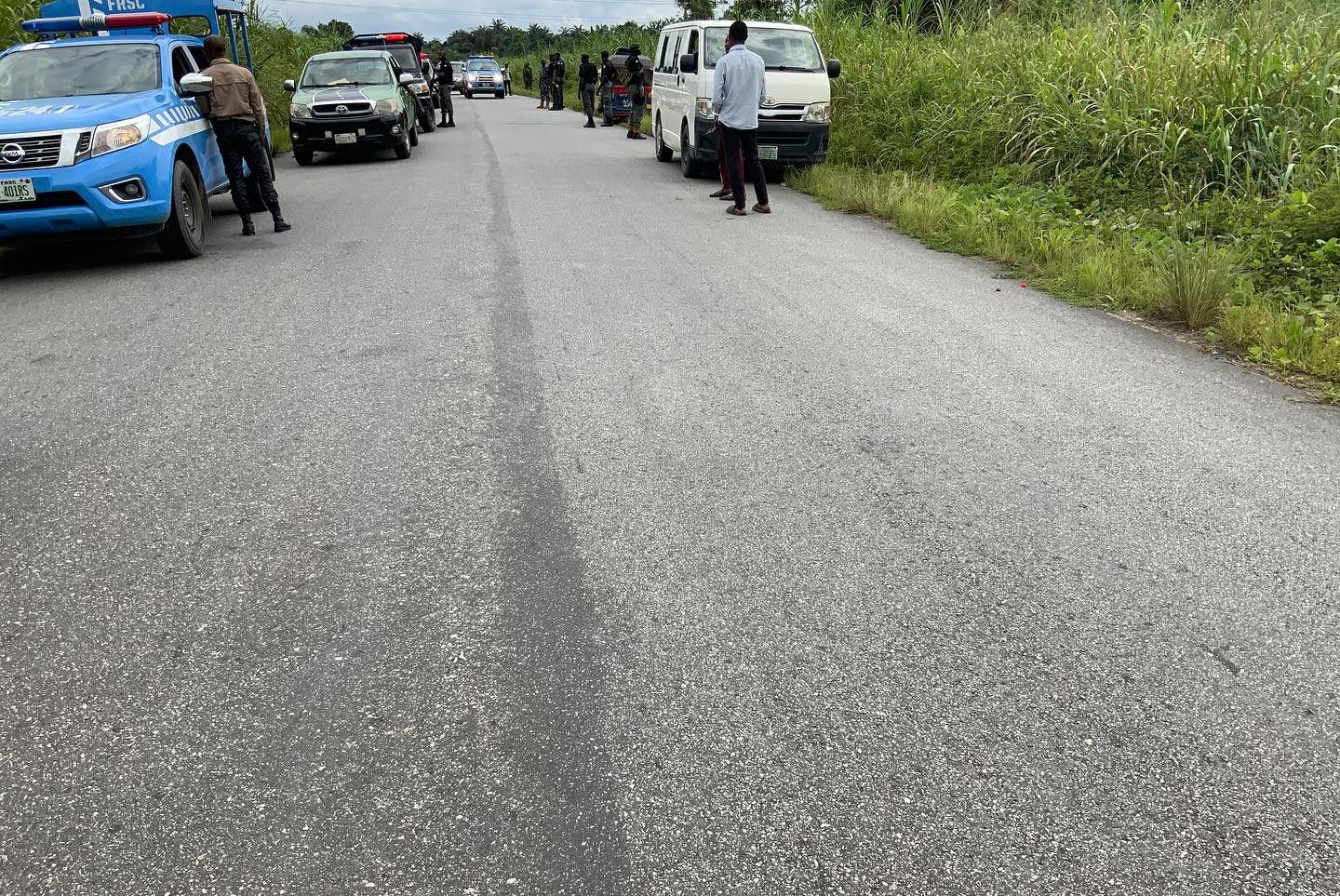
The African continent is undergoing rapid transformation. Cities are expanding, trade routes are growing, and regional integration is becoming more important than ever. Roads are at the heart of this progress—they connect rural farmers to markets, link urban centers, and open up new opportunities for commerce and tourism. However, too many road projects fail to last their intended lifespan, leading to costly repairs and disruptions.
As a highway engineer and constructor, I believe sustainable road infrastructure is not just about laying asphalt—it’s about building with foresight, quality, and community needs in mind. Here are professional recommendations for ensuring Africa builds roads that stand the test of time:
- Conduct Comprehensive Feasibility Studies and Soil Analysis
Before a shovel touches the ground, in-depth studies should be conducted to determine the most suitable design for the local environment. In countries like Kenya and Nigeria, roads have failed prematurely because underlying soils were not tested for stability and moisture retention. Soil composition determines whether stabilization materials, such as lime or cement, are needed before laying the road base.
2. Commit to High-Quality Materials
The temptation to cut costs by using substandard materials is one of the greatest threats to road longevity. Aggregates must meet size and strength specifications, asphalt must be properly blended, and cement must be fresh and stored correctly. Countries like South Africa have demonstrated how strict enforcement of material standards results in roads lasting decades with minimal repairs.
3. Design for Local Climate and Traffic Patterns
Roads in heavy rainfall regions, such as parts of Ghana and Cameroon, require enhanced drainage and water-resistant surfacing, while those in hot, arid climates like Sudan and Niger need asphalt mixes that can withstand extreme heat without softening. Traffic forecasts should also be part of the design stage—roads built to carry light vehicles will fail quickly if subjected to constant heavy truck loads.

4. Prioritize Drainage and Erosion Control
Water is the single greatest enemy of road integrity. Properly designed culverts, side drains, and slope protection measures are essential. In Uganda, road embankments with reinforced vegetation have reduced erosion damage significantly. Every road project should integrate drainage as a core design feature, not an afterthought.
5. Establish Ongoing Preventive Maintenance Programs
Many African roads deteriorate not because they were poorly built, but because they are neglected after completion. Regular inspection, crack sealing, pothole repairs, and drain cleaning can extend a road’s lifespan by decades. Governments should establish dedicated road maintenance budgets and avoid the common “build and forget” approach.
6. Embrace Modern Construction Technologies
Innovations like cold-mix asphalt, polymer-modified binders, and geosynthetic reinforcements can significantly improve road performance. Smart compaction technology ensures even density across the pavement, reducing weak spots. Pilot projects in Rwanda and Morocco show that incorporating modern techniques can cut long-term maintenance costs by nearly half.
7. Implement Transparent and Accountable Project Management
No amount of engineering expertise can compensate for corruption and poor oversight. Transparent procurement processes, independent quality audits, and community monitoring can ensure that roads are built to standard. Involving local communities in reporting defects has proven effective in identifying and resolving early-stage problems.
8. Invest in Skilled Workforce Development
Well-trained engineers, supervisors, and laborers are the backbone of quality road construction. African governments and private contractors should invest in training programs to keep the workforce up to date with evolving construction standards and technology.

FINAL WORDS:
Roads are more than just physical structures—they are lifelines of economic growth, social connection, and national pride. By applying these recommendations, African nations can avoid the cycle of premature road failure and instead create infrastructure that serves generations. Building lasting roads is not just about engineering; it is about building trust, enabling trade, and leaving a legacy of development.